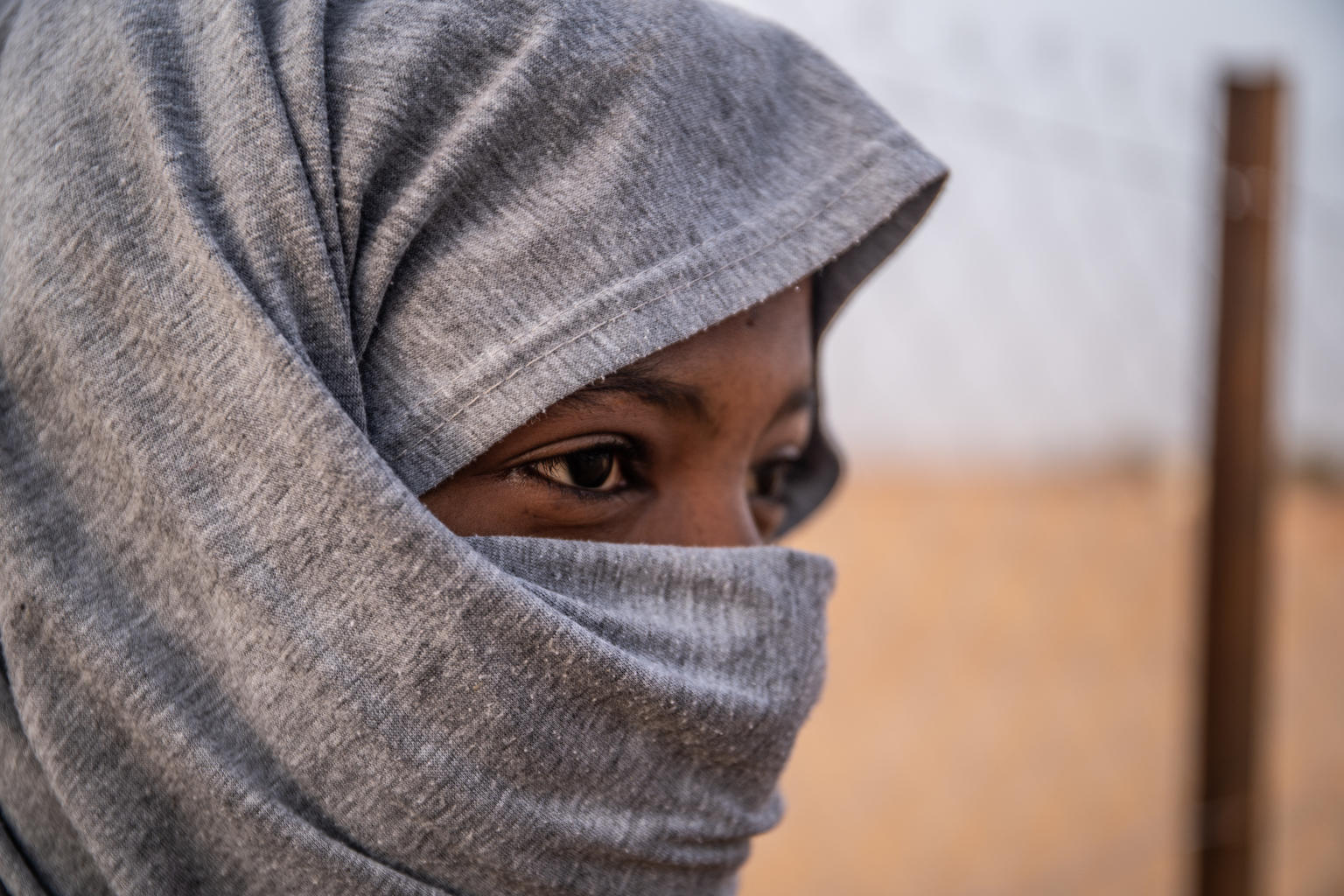
North Africa witnesses the continent’s largest number of migrants. As part of a new study, Save the Children spoke to young girls about their experiences of migration in the region, revealing that one in three girl migrants interviewed experienced or witnessed sexual abuse or other forms of gender-based violence while fleeing their home countries to find safety.
Save the Children and social enterprise Samuel Hall interviewed girls and young women between the ages of nine and 24 in 2022, primarily from sub-Saharan African countries, migrating to, or through Libya, Tunisia, and Morocco – as well as arriving in Italy and Spain.
Girls and women make up approximately 43% of the international migrant population in North Africa. Migrants choose North Africa as a destination – seeking safety, employment, and educational opportunities – or use it as a point of transit to Europe. Tunisia, Morocco, and Libya are countries of origin, transit, and destination for migrants.
The findings of the Save the Children research reveal important insight into the experiences of girls.
I will say it is not an easy journey, but if you think you can handle it, take it. [...] I'll give you the conditions, can you face them? Rape, sexual harassment, locked up in house for two to three months and you have no freedom to go out. Different men come and have their way with you and go out. You don't even know them… you don't even know what is inside them. So, if you can take all of that, you can take the journey.
The report found that the reasons for girls to flee their homes often become the very challenges they face on their journey. Girls on the move in North Africa face sexual and gender-based violence, physical attacks, deprivation of liberty, tracking and exploitation, and forced marriage. Girls in the study mentioned sexual abuse for access to basic necessities along the journey including housing, protection, and money. A lack of alternatives and choice, especially with barriers such as documentation led to such abuse as well as to early marriage.
Girls also reported challenges when they reached their destination. There are very limited avenues for mental health and psychosocial support, despite many girls identifying these services as critical to address the trauma sustained throughout their journeys. While some local organisations offer general healthcare services, girls had limited access to these as well, due to a lack of awareness or documentation.
Moreover, access to education on arrival is not guaranteed, it varies depending on age, language spoken, nationality and location, leaving many unable to attend school, losing out on learning, development and future opportunities.
Despite all the risks and challenges, the findings highlight the remarkable levels of agency and resilience that girls demonstrated for their move. Many used social media for information-gathering, found ways to remain hidden or anonymous. They frequently demonstrated a “strong desire for self-determination”; such as their decisions and aspirations for education and career opportunities. Their rights must be guaranteed and aspirations and development supported.
Image: © UNICEF/UNI337855/Haro